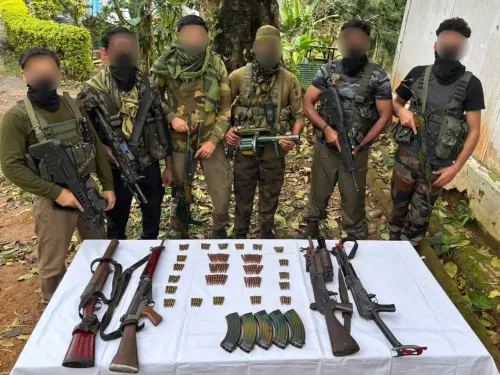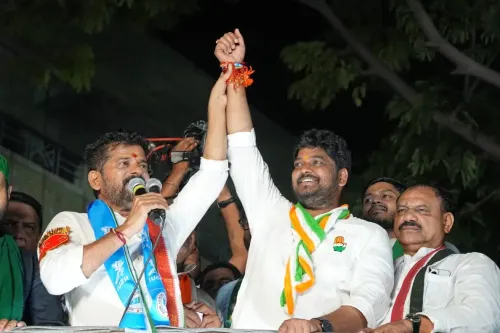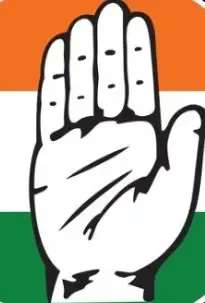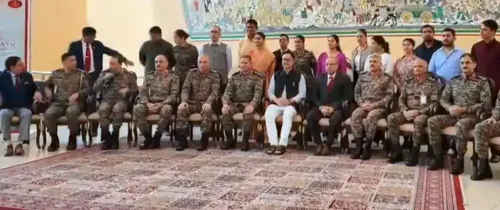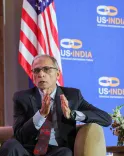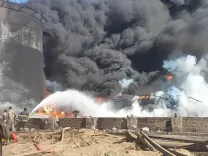Is Chief Minister Stalin Engaging in 'Divisive Politics'?
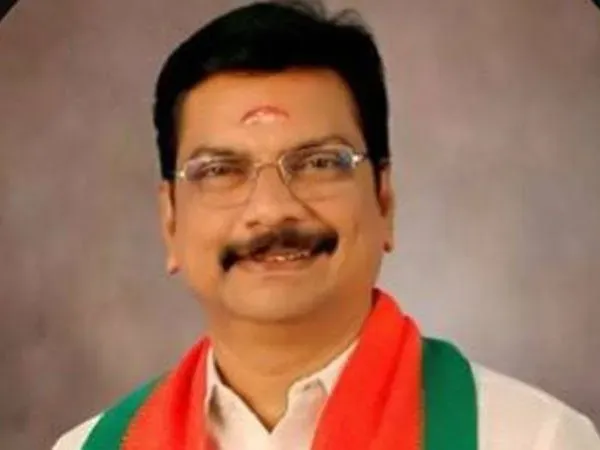
Synopsis
Key Takeaways
- Stalin's letter has sparked controversy among political leaders.
- Accusations of divisive politics are at the forefront of this discussion.
- The importance of constitutional authority is being emphasized by the BJP.
- Political cooperation is crucial for effective governance.
- Historical context plays a significant role in current political dynamics.
Chennai, May 19 (NationPress) Tamil Nadu BJP spokesperson and senior figure ANS Prasad has condemned Chief Minister M.K. Stalin for what he described as a “politically motivated” letter directed at Chief Ministers of states governed by opposition parties, advocating for a unified resistance against the President’s inquiries raised before the Supreme Court.
He accused Stalin of indulging in divisive politics and ignoring constitutional principles. In a statement released on Monday, Prasad highlighted that the Supreme Court had, on April 8, mandated that specific timeframes should be established for the Governor and President to respond to bills passed by State Legislative Assemblies. Following this, President Droupadi Murmu posed 14 questions and sought clarity from the Supreme Court.
In response to this situation, Stalin reached out to the Chief Ministers of eight opposition-led states — West Bengal, Karnataka, Himachal Pradesh, Telangana, Kerala, Jharkhand, Punjab, and Jammu and Kashmir — calling for a collaborative legal strategy. In his correspondence, Stalin reportedly stated: “We must collectively oppose the note sent by the President, who has raised questions to the Supreme Court. We must present a united legal strategy before the Court and act to safeguard the basic structure of our political system.”
Labeling this action as “unfortunate and misleading,” Prasad asserted that Stalin’s response undermines the President’s constitutional powers and sets a perilous example of politicizing institutional processes. He also strongly objected to Stalin’s comments questioning how a nominated Governor could overrule an elected state government. “The Governor is not a private individual. He or she represents the Central Government, which, like the state government, is elected by the people,” Prasad stated.
“Just as the actions of a state Chief Secretary reflect the decisions of the elected state government, the Governor embodies the will of the elected Central Government,” the BJP leader added.
Prasad further noted that Prime Minister Narendra Modi, during his time as Gujarat Chief Minister, faced interference from Governors appointed by the Congress-DMK coalition under Dr. Manmohan Singh.
However, he emphasized that PM Modi never utilized the Governor's position to undermine any state government and would not endorse such actions now either. He also pointed out that in states ruled by Congress, there are no ongoing conflicts between Governors and Chief Ministers, adding, “Such tensions exist only in Tamil Nadu, and that too because of the DMK government’s confrontational attitude and tendency to challenge the Centre on every issue.”
Prasad concluded with a reminder: “Chief Minister Stalin must understand that the Central Government, too, is elected by the people. Rather than indulging in political theatrics like writing letters, he should work in coordination with the Centre for the benefit of the people.”

